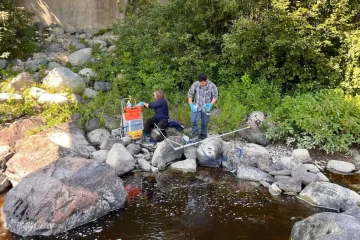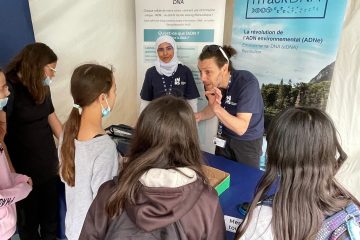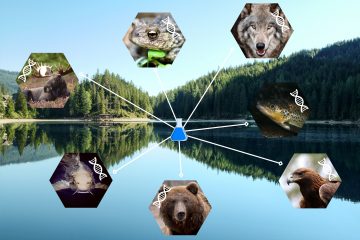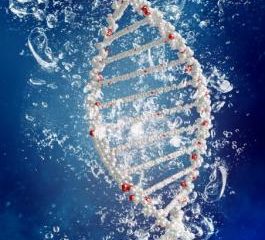Le Devoir – L’ADN environnemental comme outil pour connaître la faune canadienne
Read this excellent description of the iTrackDNA project and its potential in biosurveillance (in french only) – Written by Alexis Riopel, journalist Le Devoir Photo credit: Benoît Croteau, Director Environment and Abitibiwinni Territories Read the article








